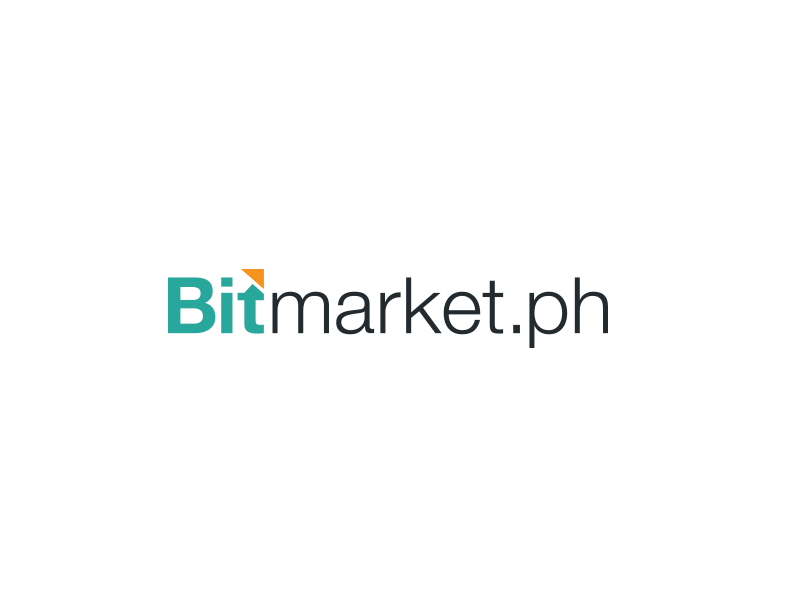
The Philippines, a prime market for cryptocurrency. Problem is, very few people have heard of it there. How would I know? I’m Filipino myself, and only now is the seeds of Bitcoin adoption happening. A big part of moving Bitcoin adoption forward is getting merchants to start accepting it, brick and mortar as well as online shops. That’s where bitmarket.ph comes in.
1. How did Bitmarket.Ph come about?
A little background about the founders of the company. We are composed of four Filipino businessmen and entrepreneurs more than 50 years of combined experience in many local industries and employing around 1,000 people between us. We have known each other for the last 10 years and are friends and business partners in other endeavors before Bitcoin. After finding our we share the same passion about Bitcoin, it was pretty obvious that we needed to get into the business side of it. Bitmarket.ph started out in December 2013, when we were thinking about the best way to get Bitcoin adoption rolling here in the Philippines. We realized that merchant adoption was the way to go, so we all got together and sat in front of a big whiteboard and came up with what is essentially a Bitcoin payment processor, but more personal and grassroots in its approach.
2. Current Status of Bitmarket.ph?
Currently, bitmarket.ph is our flagship product under the banner of Satoshi Citadel Industries Inc, which is a holding company for all our Bitcoin ventures. We started fully operating in May 2014 and now have grown to 15 full time employees now and growing. Currently, we have over 70 merchants both online and brick and mortar accepting Bitcoin through us, and plan on hitting 100 very soon. Future goal is to hit 1000 merchants by the end of December.
3. Future Development plans?
Future Development plans for Bitmarket is of course to get more merchants. We are targeting 1,000 by the end of the year. We also want basic necessities like rice and groceries to be accessible using Bitcoin. There is a possibility that Bitmarket.ph can end up having its own checkout and shopping cart so you can buy directly from it.
4. How can you afford to sustain this? I see you charge no fees when converting to peso.
5. Were there any legal restrictions/boundaries you had to clear before doing this? Bitcoin is a grey area legality wise right now.
Photo Source: Miguel Cuneta

















